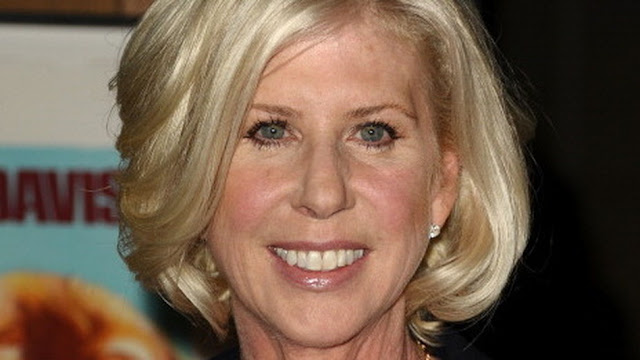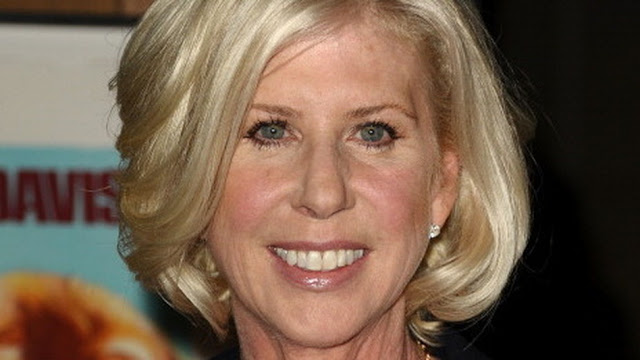 |
| Callie Khouri |
In a recent interview with Salon, Academy Award-winner Callie Khouri weighed in on how TV seems to be more friendly to shows about women. Khouri (who wrote Thelma and Louise for that Oscar) is the writer and producer for ABC’s new musical drama Nashville.
Salon asked her about television telling women’s stories and Khouri responded with thoughts that articulate the difficulties in writing feature films about women (adding that “I don’t think any studio in a million years would make Thelma and Louise right now”), and how to properly write stories once you get the green light.
Salon: People who make TV also seem much more comfortable making shows for women than people making movies do.
Khouri: “Because you’re allowed. You’re allowed to make things for women on television and there’s not like … you don’t have to go through the humiliation of having made something directed at women. There it’s just accepted, whereas if it’s a feature, it’s like “So, talk to me about chick flicks.” … I just think it’s insulting that if there is something with women in it, it’s relegated to this kind of trash heap. It doesn’t matter what it is, how good it is, if there is emotion in it, it’s immediately going to be talked down to. And I’m obviously irritated by that. Probably all women are. Certainly a lot of women filmmakers are.…Anyway, I don’t want to just complain about features, but it does seem unduly hard given the number of women that exist in the world.”On the show not being “about a catfight,” even though it starts out that way:
Khouri: “…You come at things from the place where everybody thinks they know everything about what they are seeing. And then you just slowly peel back the layers until you’ve got very complicated human beings with very different sets of problems, all of them doing something that’s impossibly hard to begin with and trying to make their place in this world. Watching two women go at it is boring. There are so many other shows where you can get that. I want it to be about something more than that.”
The depth and breadth of female characters on TV is stunning right now. Whether the female is the protagonist (Homeland, The Mindy Project, 30 Rock, Parks and Recreation, etc.) or females are strong supporting characters (Boardwalk Empire, Sons of Anarchy, etc.), women’s stories on TV are becoming much less of an anomaly.
Women on the big screen, however… well, we still see a distinct difference, as Khouri notes, between “chick flicks” and “Hollywood blockbusters.” This is why the Bechdel Test has to exist; it’s rare for a film to place value on women’s stories and anything that might, as Khouri says, have “emotion in it.”
As she goes on to observe, to properly tell women’s stories you have to “slowly peel back the layers” after presenting the audience with a stereotype. Perhaps that’s why it’s easier to do in TV — the sheer time that TV writers have to lure audiences in with character development and storytelling.
It seems Hollywood’s two hours, more or less, just aren’t enough to properly “peel back the layers.” Are women’s stories really that much more complicated than men’s? Or is the “otherness” of women just so ingrained that a writer would need a few hours to first deconstruct the stereotypes and cultural myths that the audience walks in with?
Whatever the case may be, Khouri is right. This double standard is “unduly hard given the number of women that exist in the world.” Their stories are being showcased in the private sphere of the home, but they just can’t seem to break through to the public big screen. It’s time for that to change.
—
Leigh Kolb is a composition, literature and journalism instructor at a community college in rural Missouri.
